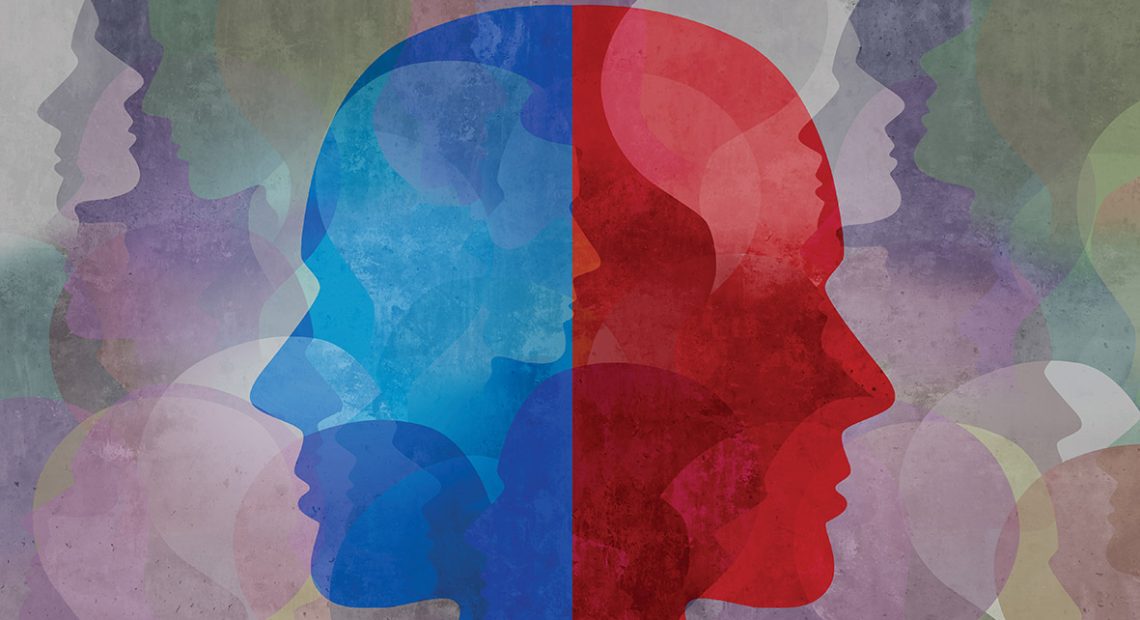How to Understand and Manage a Bipolar Disorder?

Fortunately, there are effective treatments for milder forms of the disorder. A combination of medications and talk therapy is typically the most helpful. It’s also important to pay attention to warning signs, which may include feeling extremely happy or having a lot of energy. Call your doctor or mental health professional if you experience these symptoms and ask them to review your treatment plan.
Some anticonvulsants, which are normally used to treat seizure disorders, can help control mood episodes. These include divalproex, carbamazepine and lamotrigine. They are often less likely to cause side effects, such as stomach pains, sores in the mouth or a flu-like illness, than other medications that are commonly used to treat bipolar disorder.
People with bipolar disorder can benefit from joining a support group. This can give them the opportunity to speak about their feelings with others who have the same condition, learn from each other and get valuable advice.
A healthy diet is vital for balancing your moods. Eat lots of fruits and vegetables and avoid foods high in sugar, fat or caffeine. Try to get a good night’s sleep every day, and set a regular routine for eating, sleeping and physical activity. Take time to relax and practice stress-reducing activities, such as yoga, tai chi or meditation. Avoid smoking and taking recreational drugs, as they can interfere with your medication or make your mood worse.



